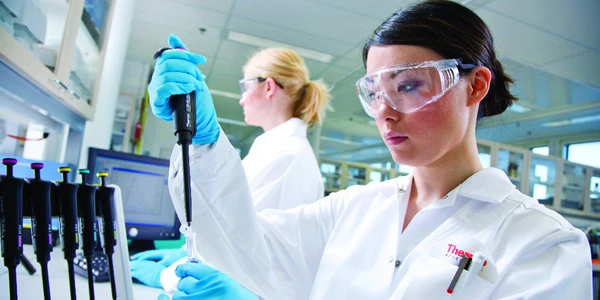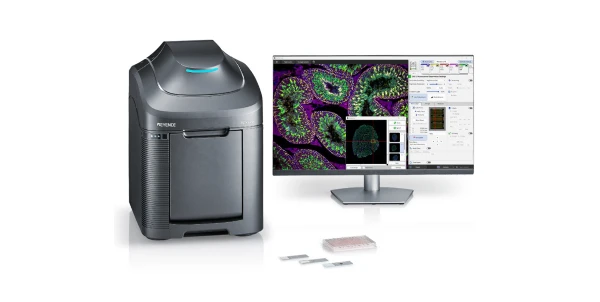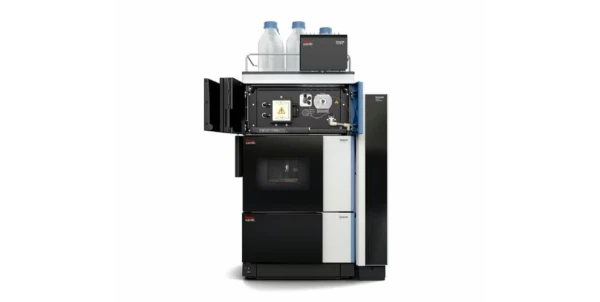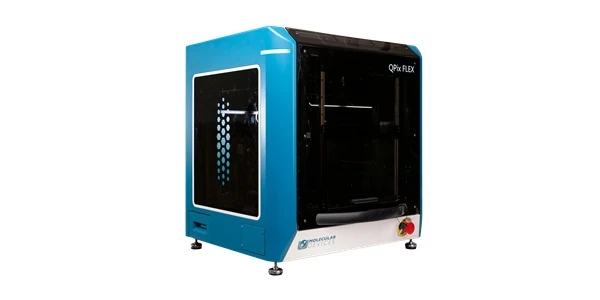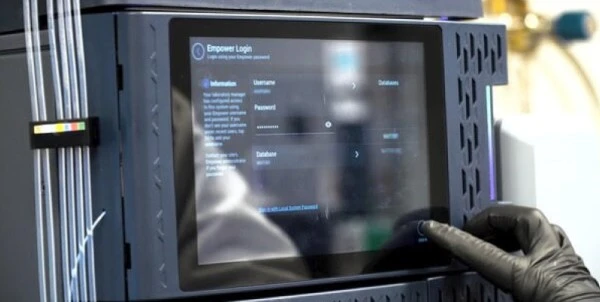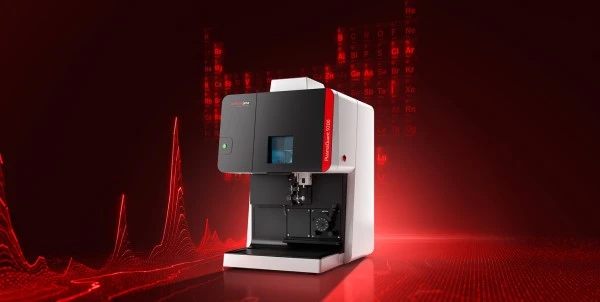The Best Laboratory Gas Generators: A Buyer's Guide to Price and Features
Gas generators are essential equipment in many laboratories and industrial settings, providing a consistent supply of high-purity gases such as nitrogen, hydrogen, and zero air. These generators are widely used in applications such as gas chromatography, mass spectrometry, chemical synthesis, and environmental testing. Choosing the right gas generator involves considering factors such as gas purity, reliability, and scalability to meet specific operational needs. This guide provides an overview of different types of gas generators, key features to consider, and a price guide to help you make an informed decision. Nitrogen Generators produce a continuous supply of high-purity nitrogen gas by separating nitrogen from compressed air using technologies such as membrane separation or pressure swing adsorption (PSA). These generators are widely used in laboratories for gas chromatography, LC-MS (liquid chromatography-mass spectrometry), and inerting applications. Applications: Gas chromatography, LC-MS, inert gas blanketing, sample preparation, and purging. Hydrogen Generators produce hydrogen gas through water electrolysis or reforming of hydrocarbons. They provide a safe and reliable source of hydrogen for applications such as gas chromatography (as a carrier gas), fuel cells, and chemical synthesis. Hydrogen generators eliminate the need for high-pressure gas cylinders, improving safety and convenience. Applications: Gas chromatography, fuel cells, hydrogenation reactions, and chemical synthesis. Zero Air Generators produce ultra-pure air free of hydrocarbons and other contaminants by removing moisture, carbon dioxide, and other impurities from compressed air. They are used as a clean air source for analytical instruments, such as gas chromatographs, to ensure accurate and reliable results. Applications: Gas chromatography, environmental testing, emission monitoring, and calibration of analytical instruments. Oxygen Generators produce high-purity oxygen gas by separating oxygen from compressed air using PSA technology or other methods. These generators are used in various applications, including medical oxygen supply, fish farming, and industrial processes requiring oxygen enrichment. Applications: Medical oxygen supply, fish farming, glass blowing, and welding. Zero Nitrogen Generators produce nitrogen gas with ultra-low levels of hydrocarbons, making them ideal for applications requiring extremely clean nitrogen. These generators are used in analytical applications where trace hydrocarbon levels can interfere with results, such as in high-sensitivity gas chromatography. Applications: High-sensitivity gas chromatography, environmental analysis, and trace analysis. Multi-Gas Generators provide multiple gases, such as nitrogen, hydrogen, and zero air, from a single unit. These versatile generators are designed to support multiple instruments or applications simultaneously, offering a cost-effective and space-saving solution for laboratories with diverse gas needs. Applications: Laboratories with diverse gas needs, multiple analytical instruments, and research applications. Gas purity is crucial for ensuring accurate and reliable results in analytical applications. Look for generators that provide the required purity levels for your specific applications. Flow rate is also important, as it determines the generator’s capacity to supply gas to multiple instruments or processes. Choose a generator with adjustable flow rates to match your needs. Reliability and consistency are essential for maintaining continuous operation and minimizing downtime. Choose gas generators from reputable manufacturers known for their high-quality components and robust construction. Features such as built-in alarms, self-diagnostics, and maintenance alerts can help ensure consistent performance. Scalability is important for accommodating changing gas demands. Look for gas generators that can be easily scaled up to meet increasing gas needs or integrated into existing systems. Flexibility in gas output and compatibility with different applications provide added value and convenience. Choose gas generators that are easy to install and operate, with user-friendly interfaces, digital displays, and clear instructions. Plug-and-play systems with minimal setup requirements and automated controls can simplify operations and reduce the need for specialized training. Regular maintenance is essential for the reliable operation of gas generators. Look for generators with accessible components for easy maintenance and service. Availability of technical support, service plans, and replacement parts can help ensure long-term reliability and minimize downtime. Safety is a top priority when working with gas generators, especially for hydrogen generators. Choose equipment with safety features such as leak detection, overpressure protection, and automatic shut-off mechanisms to prevent accidents and ensure safe operation. Selecting the best gas generator involves considering factors such as gas purity, reliability, scalability, and safety. By choosing high-quality gas generators that meet your specific needs, you can enhance the accuracy, efficiency, and safety of your laboratory operations. For more detailed specifications or to view models, visit LabX.com to browse products and gain additional insights to help in making the best choice for your lab's needs.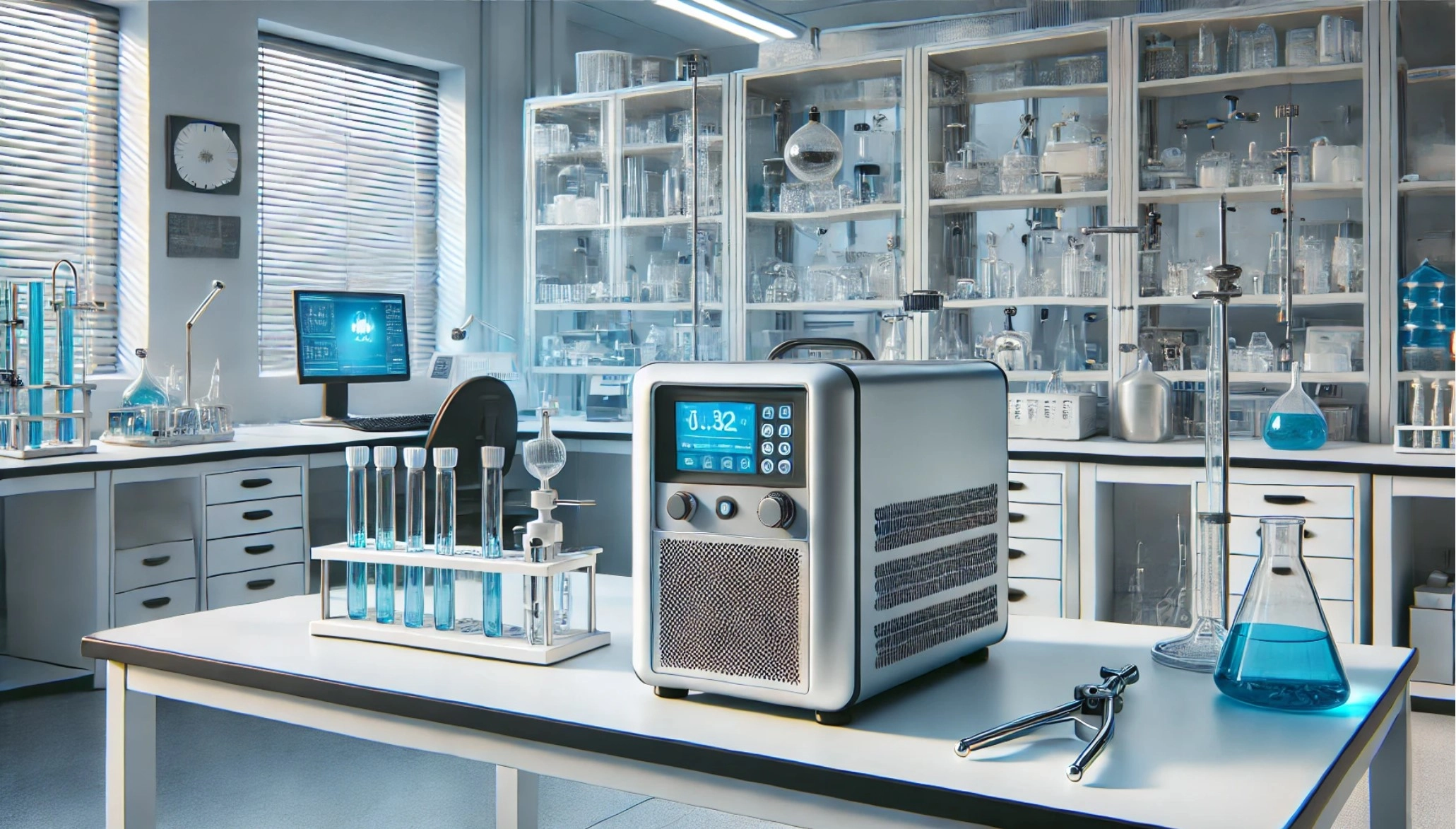
Purity, Reliability, and Scalability are Key Considerations to Find the Best Laboratory Gas Generators at the Best Price
Types of Gas Generators
1. Nitrogen Generators
2. Hydrogen Generators
3. Zero Air Generators
4. Oxygen Generators
5. Zero Nitrogen Generators
6. Multi-Gas Generators
Key Features to Consider When Buying Gas Generators
1. Gas Purity and Flow Rate
2. Reliability and Consistency
3. Scalability and Flexibility
4. Ease of Installation and Operation
5. Maintenance and Support
6. Safety Features
Gas Generator Price Guide
View all Gas Generator Listings on LabX.com
